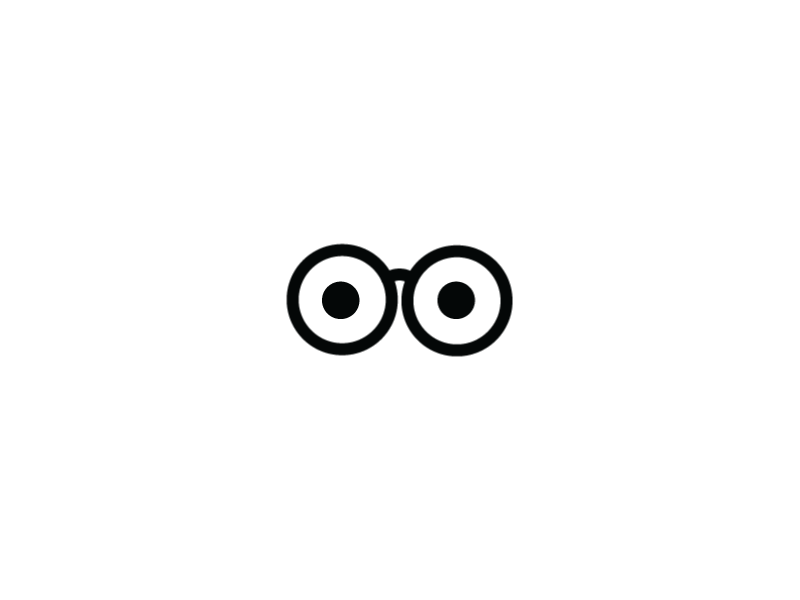


Myth 1: Sitting too close to the TV can hurt your eyes.
Fact: "This notion has been around for almost as long as the first TV. While spending too much time staring at a TV screen can tire the eyes, there's no evidence to show that it causes permanent damage. As with every other activity, moderation is the key. If your eyes start to burn or feel strained, close your eyes for a couple of minutes to rest them. If that doesn't work, turn off the TV and give your eyes a longer break."
Myth 2: Sunglasses are the best way to protect your eyes from the sun.
Fact: "Don't assume that wearing dark sunglasses will keep your eyes safe. UV blocking agents are what helps block the sun's harmful rays. Clear prescription lenses with UV blocking agents can protect your eyes as well as sunglasses. While the dark shading in sunglasses helps cut down on the sun's glare, to adequately protect your eyes, always chose lenses with proper UV protection."
Myth 3: The best treatment for a black eye is to hold a raw steak on it.
Fact: "If you believe this myth, you probably watch too much TV. Black eyes are painful, and although they aren't usually serious, you should still see your eye doctor to rule out possible internal eye damage. To treat a minor black eye, your best bet is to hold a cold compress or a bag of frozen vegetables on it to reduce swelling and pain. As for the steak—besides the fact that it doesn't work—you'll be exposing your eye to a potential breeding ground for infection. So, please keep raw meat away from your eyes!"
Myth 4: Wearing the wrong prescription can damage your eyes.
Fact: "Who hasn't tried on someone else's glasses and felt dizzy and disoriented? The wrong prescription may feel weird and it can even give you a headache if you wear them very long, but it won't damage your eyes. If your glasses have an old prescription, you might start to experience some eye strain. To see your best, don't wear anyone else's glasses. And most importantly, get regular eye exams so you always have the prescription that's right for you."
Myth 5: As long as you can see well, you don't really need a vision exam.
Fact: "This really is a myth! There's a lot more to an eye exam than just checking your prescription. During a comprehensive vision exam, your eye doctor will check your overall eye health, which can sometimes show signs of other serious health conditions like diabetes, high blood pressure, and high cholesterol. Eye exams are an important part of taking care of your overall health, so make sure to see your eye doctor every year."